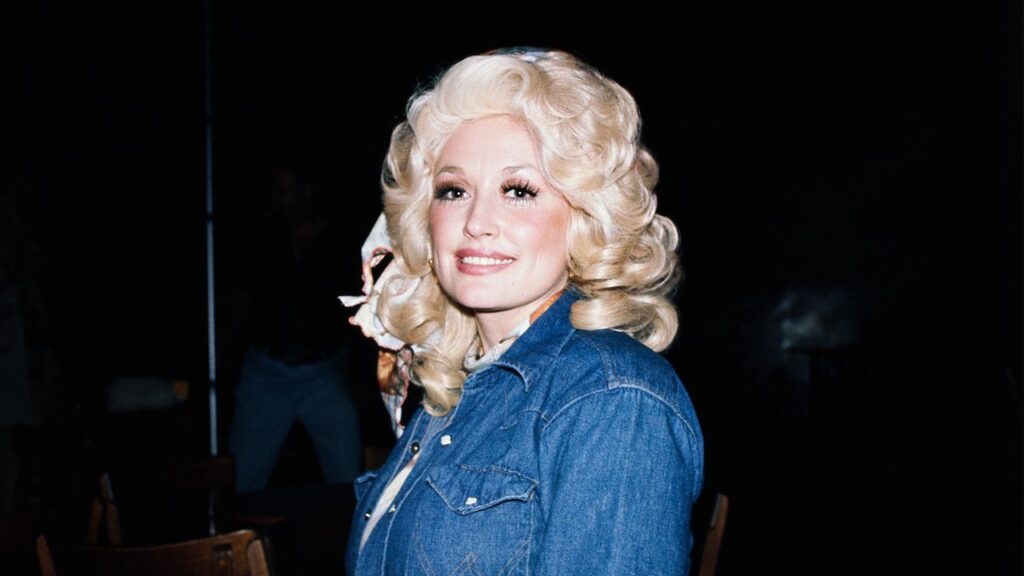“I live by my gut, so to speak,” Dolly Parton writes in her new memoir, Star of the Show: My Life on Stage. “The God gut is what I call it. I just seem to know what I should and shouldn’t do because I pray about things like that.”
Her gut has usually been right. Parton wears many hats: singer, songwriter, philanthropist, entrepreneur, brilliant businesswoman, theme park owner, star of classic films like Steel Magnolias, 9 to 5, and The Best Little Whorehouse in Texas, and recent honorary Oscar winner.
A spiritual, earthy dreamer, who is also funny as hell and sharp as a tack, Parton has arguably crafted her personal brand more successfully than any other celebrity. In her first autobiography, 1994’s Dolly: My Life and Other Unfinished Business, she also reveals herself to be a beautifully deep, bawdy and witty writer of prose who, much like Louis Armstrong, recounts her hardscrabble beginnings and the hard luck characters who shaped her with equal parts gratitude and understanding.
But like fellow beloved and savvy icon Sophia Loren, Parton has the stories she will tell you—and the ones she won’t. This is evident from her enjoyable but lighter trilogy of coffee-table memoirs of the past few years: Dolly Parton, Songteller: My Life in Lyrics, 2023’s Behind the Seams: My Life in Rhinestones, and 2025’s Star of the Show: My Life on Stage.
Yet all of Parton’s memoirs have one thing in common: they make the reader genuinely feel happy and warm. Parton brings us along for the ride, with Kenny Rogers, Linda Ronstadt, Emmylou Harris, Andy Warhol, Willie Nelson, Tammy Wynette, Jane Fonda, Julia Roberts, Merle Haggard, Miley Cyrus, and a host of Parton’s other nearest and dearest riding shotgun.
“One of my favorite expressions is ‘Angels fly because they take themselves lightly,’” Parton writes in My Life and Other Unfinished Business. “They don’t think of themselves as angels. They just are…I’m not for a moment suggesting that I am an angel, but I have certainly known some.”
Parton as a child in Tennessee circa 1955.Michael Ochs Archives/Getty Images.
In the Good Old Days (When Times Were Bad)
“In the midst of direst poverty and despair,” Parton writes in Dolly: My Life and Other Unfinished Business, “the human spirit, especially that of children, will find some hope to cling to, some promise of a better day.”


